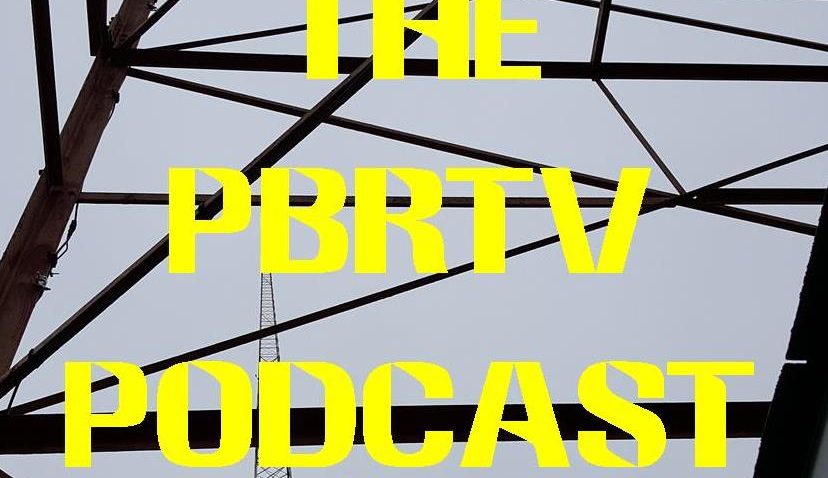‘DUQ backlash builds
October 16, 2007Hanley says the station has maintained its journalistic integrity and was the first in Pittsburgh to report on the rejected underwriting spots.
Lynn Cullen of WPTT (1360) yesterday called on Duquesne to surrender WDUQ’s license and said she can “no longer support them.”
Local writer, Catholic, and Duquesne alumna Michelle Pilecki, writing at the national political blog The Huffington Post, said she is withdrawing her support as well:
OK, I understand that whoever is pulling the strings at my alma mater is making a hamhanded statement about abortion. Very little of what Planned Parenthood does involves abortion, but that doesn’t stop the powers-that-be from threatening both the integrity and the solvency of the area’s largest NPR station.
What most dismays me about the PWB’s shenanigans is how so very counter-productive they are. Gee, wouldn’t you think that an awful lot of the people who would give money to an NPR news station are the type who would also support reproductive rights? Is it really a good idea to tick off so many of the station’s members?
Another listener and practicing Catholic, Margot Callahan, told the Tribune-Review that WDUQ is not being consistent. The station, she says, accepts underwriting from organizations like Reproductive Health Specialists in Penn Hills, which will refer people to doctors who perform abortions.
Other bloggers are defending Duquesne University’s decision as a principled stand and are urging Catholics to support the station.
One commenter on a local blog argues that the issue has nothing to do with “journalistic integrity”:
If you are an avid DUQ listener, you will probably have heard plenty of news stories and interviews about organizations and individuals who conflict with Catholic values. News can never be censored by Duquesne. Those kind of stories would never have aired if Duquesne could actually step in and censor news …
If DUQ would have refused to air actual news about PP, I could understand why PP would take such an activist stance, but this was something they paid for. It was technically a gift that was refused. I think PP made a poor decision by deciding to take a strike at a much smaller nonprofit.
An NPR spokeswoman in Washington told the Tribune-Review that Duquesne’s decision will not affect WDUQ’s standing as an affiliate.
Public radio stations can reject underwriting for any reason, as Current, a public broadcasting trade publication, noted over the weekend. Back in 1998, Current notes, a public station in St. Louis was sued after it refused to carry underwriting from the Ku Klux Klan; its right to refuse unacceptable underwriting was upheld by federal courts.
 The present WDUQ controversy brings to mind an older flap at Duquesne University. Back in 1989, the university’s student newspaper was shut down over what the student government called financial and management irregularities.
The present WDUQ controversy brings to mind an older flap at Duquesne University. Back in 1989, the university’s student newspaper was shut down over what the student government called financial and management irregularities.
But editors said the closure was actually retaliation for the newspaper’s decision to accept ads from a birth control clinic.
Hanley told the Trib that withholding donations or pledge drives will only hurt the station, not the university. “I wonder if anyone who supports any worthy causes agrees with all the decisions they make,” he said.
There’s a backlash building against Duquesne University and its radio station, WDUQ-FM (90.5), over a decision last week to pull underwriting announcements from Planned Parenthood of Western Pennsylvania, according to the Post-Gazette.
 Adrian McCoy reports that donations to the public broadcaster’s annual fall pledge drive, which began last week, are down.
Adrian McCoy reports that donations to the public broadcaster’s annual fall pledge drive, which began last week, are down.
Some listeners are backing the university’s decision to defend its pro-life mission, but others, McCoy says, are “alarmed” that a public radio station with a news department would withhold something from its airwaves for political or religious reasons.
The Catholic church condemns both birth control and abortion as immoral; Duquesne University, which holds WDUQ’s license, is a Catholic institution.
WDUQ General Manager Scott Hanley says the pledge drive is “much lower in response than normal” and tells McCoy he’s concerned that the controversy is distracting people from the fact that the station relies on contributions to meet its annual budget.

